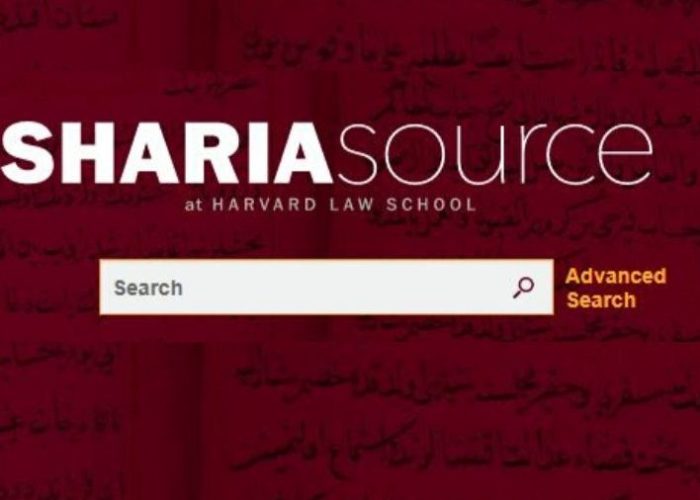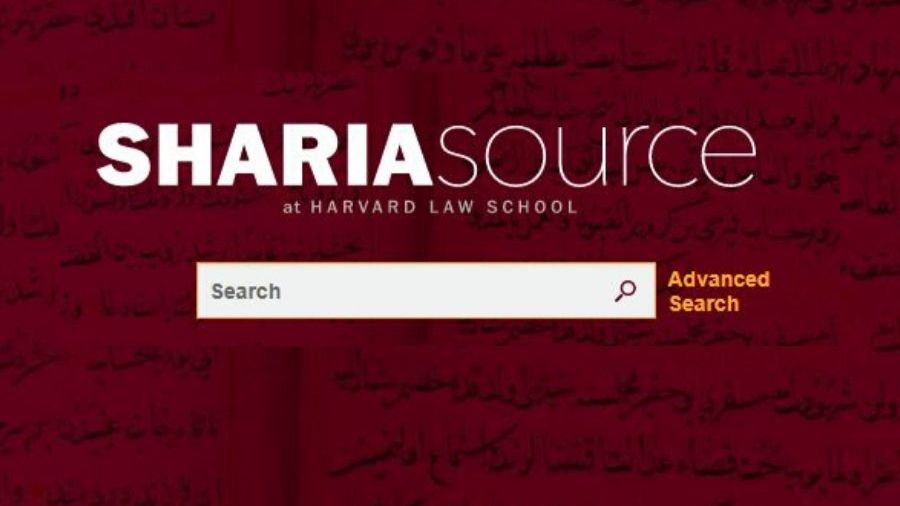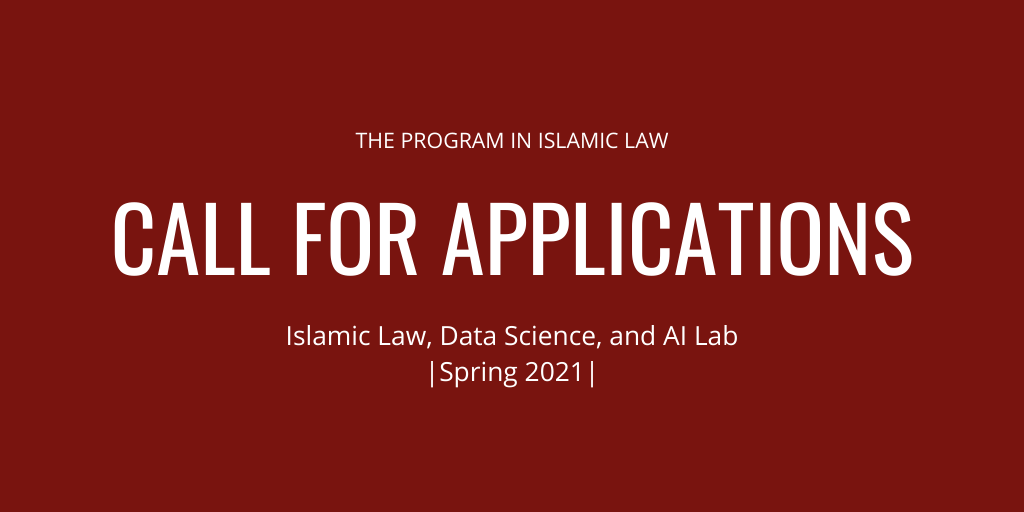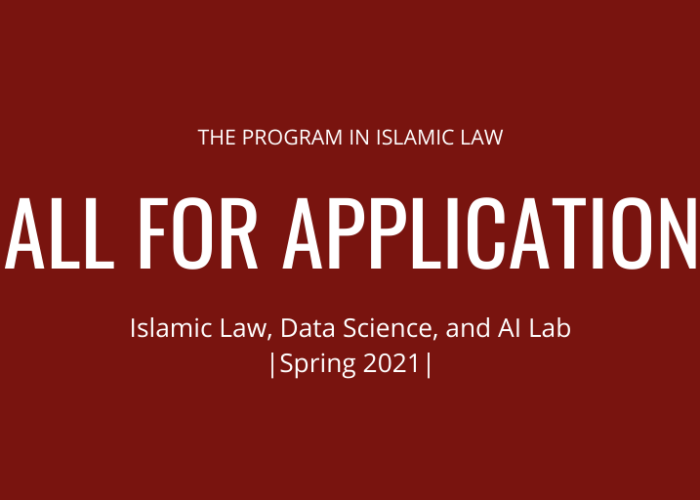RA for Digital Humanities Project with Professor Intisar Rabb and Data Science Fellow Dr. Yusuf Celik
Posted on September 12, 2021
Professor Intisar Rabb and data science fellow Dr Yusuf Celik at the Program in Islamic Law / SHARIAsource Lab at Harvard Law School are looking for research assistants with a computer science / machine learning background this fall for a digital humanities project.
Are you interested in applying Machine Learning to texts? Curious to see a Digital Humanities project in action? Well, look no further! At Harvard’s Program in Islamic Law we are currently looking for 1-2 research assistants in Digital Humanities that can help with the implementation of Machine Learning techniques within the Courts and Canons project. As an assistant in the Digital Humanities you are expected to participate in one of the ongoing Machine Learning endeavors, such as the implementation of Named Entity Recognition or topic modeling. Expected is an intermediate knowledge of Python, Arabic, and conceptual grasp of various Machine Learning concepts (e.g. Neural Networks, Deep Learning, etc.). Having experience in one of the known Machine Learning frameworks is a plus (e.g. PyTorch, TensorFlow, etc.). Assistants will be expected to report on their progress on a weekly basis and perform a biweekly demonstration to the entire lab. Lab sessions will meet every other Monday, beginning on September 13th.
DEADLINE: September 12, by midnight (EST).
TO APPLY: Please send a CV/resume, school transcript, and a brief statement of interest. Submit applications through Formstack.
For questions, contact Abtsam Saleh at [email protected].




